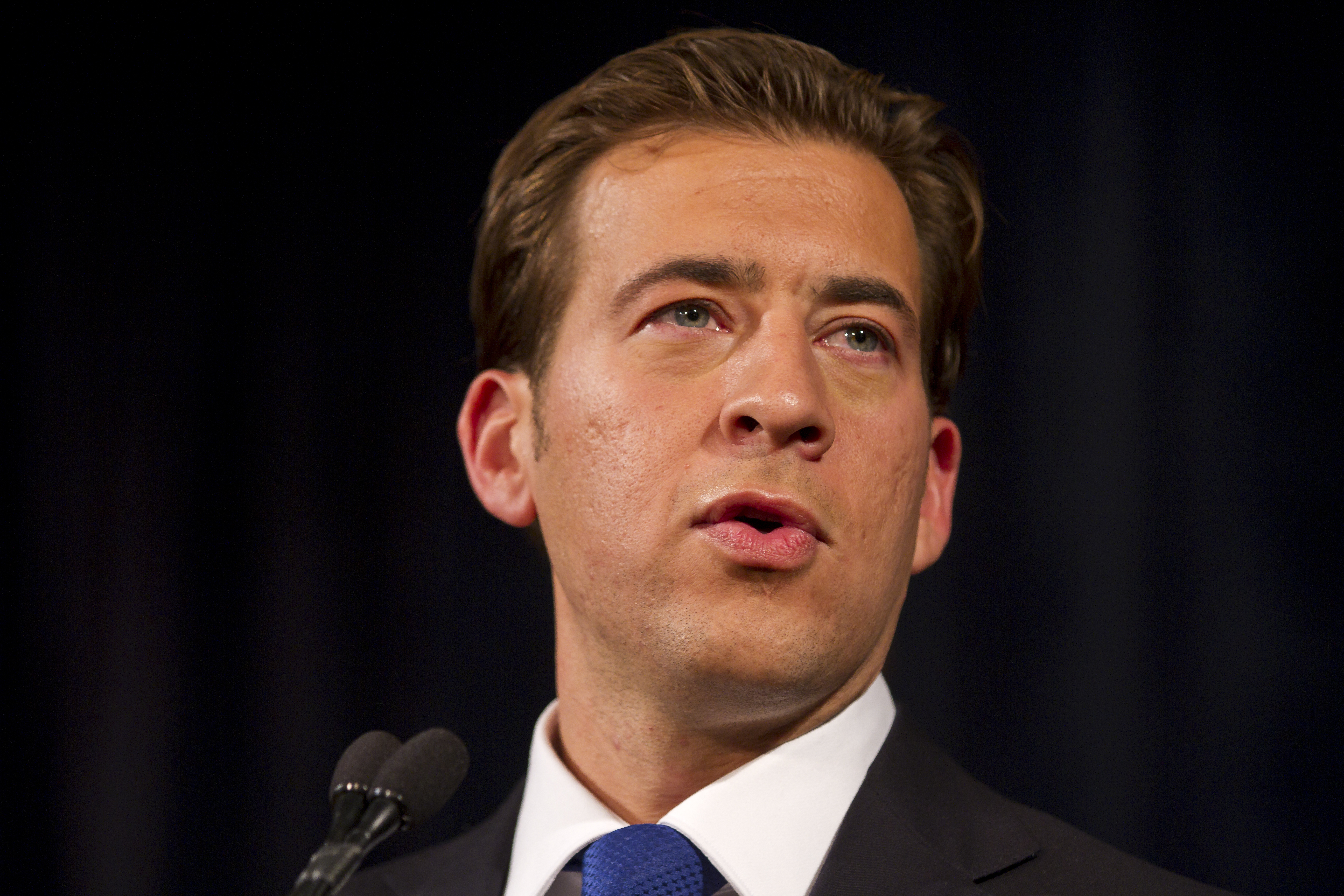Michael Madigan has successfully pushed his "millionaire tax" measure through the Illinois House as part of a mission to get an advisory referendum on the Nov. 4 ballot asking voters whether they would support an additional 3 percent tax on the super-rich.
Lawmakers approved the Speaker's legislation in a vote of 64-46 on Friday, one week before the Capitol shuts down for the summer. The measure now awaits a decision by the Senate.
Madigan tweaked his proposal after failing to win support for an earlier attempt to make room on the ballot for a referendum question that would have amended the state constitution to impose on 8 percent tax on incomes of $1 million-plus.
Opposition, not surprisingly, has been intense and vocal. Critics argue that taxing wealthy Illinoisians could harm small businesses, and accuse Madigan of masterminding a cynical ploy to attract Democratic voters to the ballot box in an uncertain election year that pits Gov. Pat Quinn against multi-millionaire GOP nominee Bruce Rauner.
“This is not a genuine question. This isn’t a truth-seeking, what-do-the-people-want initiative," said Rep. Ron Sandack, a Republican from Downers Grove. "This is pure politics, and I find it unfortunate, distasteful.”
Madigan denied the class-warfare allegations and declared that as much as $1 billion in millionaire-tax revenue could be used to help ailing public schools.
Earlier this month, the scheming power broker maneuvered another referendum question through the House that would survey voters on raising the minimum wage from $8.25 to $10 -- a hot-button issue sweeping the nation as low-income workers fight for higher pay.
Chicago Politics
Rauner -- a Winnetka-based private-equity businessman who owns seven homes -- initially said he'd cut the minimum wage if elected governor. He later backtracked on his remarks, saying he made a mistake and spoke too quickly.



